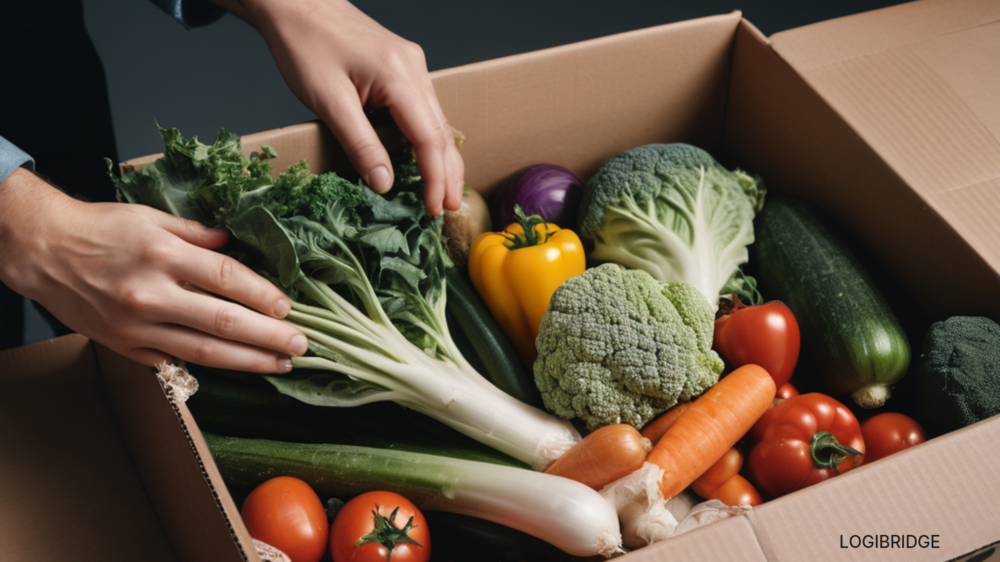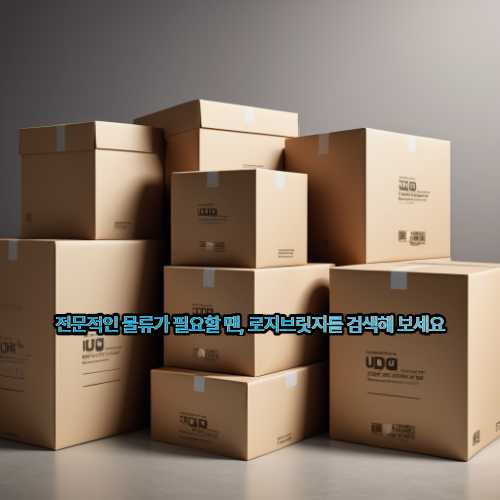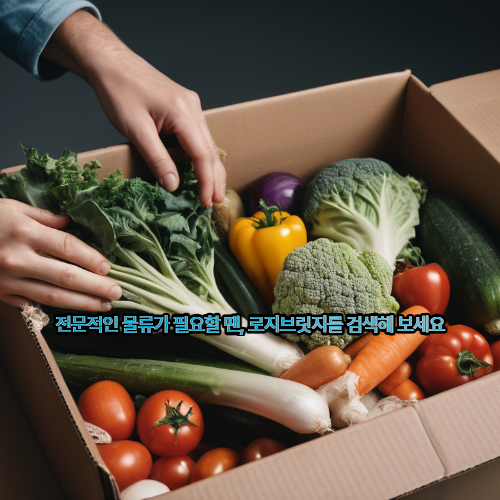

The Future of E-commerce: Logistics Innovation and Fresh Food Delivery
The e-commerce market in South Korea is undergoing rapid transformation amid fierce competition among major players such as Coupang, Naver, Kurly, and CJ Logistics. At the heart of this competition lie fresh food delivery and logistics innovation, which are shaping the future of the industry. This article explores Naver’s fulfillment limitations, Coupang’s vertical integration, the formation of the anti-Coupang alliance, the significance of fresh food delivery, and Kurly’s strategic challenges, providing a comprehensive analysis of the current and future landscape of the e-commerce market.
Limitations of Naver Smart Store’s Fulfillment
Naver operates its Smart Store as a platform centered on intermediary transactions, offering fulfillment services to sellers. However, the lack of proprietary logistics infrastructure restricts the number of customers who can utilize these services. This stems from Naver’s focus on its role as an intermediary rather than investing in logistics facilities, making it challenging to provide sufficient competitive advantages and benefits to sellers. In the past, Naver collaborated with CJ Logistics to plan the construction of a mega logistics center, but this initiative did not come to fruition. Consequently, Naver faces limitations in the logistics-driven e-commerce market.

Coupang’s Vertical Integration and the Anti-Coupang Alliance
Coupang has solidified its dominance in the e-commerce market through the vertical integration of its value chain, encompassing logistics and fulfillment. This integrated system enables fast and efficient delivery, reinforcing Coupang’s market leadership. In response, Naver, E-mart, and CJ Logistics have formed a tripartite collaboration model involving platforms, retail commerce, and logistics companies, creating what is termed the anti-Coupang alliance. Notably, CJ Logistics’ Juchiryo delivery (7-day delivery) service plays a pivotal role in enhancing the efficiency of fresh food delivery. This collaboration leverages each company’s unique strengths to counter Coupang’s dominance.
The Growth and Importance of Fresh Food Delivery
Fresh food delivery is the fastest-growing segment in the e-commerce market. Delivering food requires strict adherence to schedules and quality control, particularly to mitigate spoilage risks during seasons like summer. For instance, orders placed on Fridays must be delivered by Monday, necessitating meticulous logistics management. Retail data indicates that food items are achieving near-double-digit growth rates, driving market expansion. Services like CJ Logistics’ Juchiryo delivery meet these demands, unlocking the potential of the fresh food market.

Kurly’s Strategic Challenges and Limitations
Kurly entered the market with a differentiated strategy centered on dawn delivery and fresh food but has struggled to match Coupang’s comprehensive logistics efficiency. In response, Kurly is expanding its product offerings to include cosmetics and small packaging materials, while exploring a transition to an open market model. However, this strategy introduces challenges such as the need for logistics facility expansion and inventory risks. Procuring products directly increases inventory burdens, and adopting a fulfillment model demands larger logistics infrastructure and workforce. These factors could undermine cost efficiency in the long term.
The Role of Logistics Companies and Market Outlook
In the reconfiguration of the e-commerce market, logistics companies are emerging as the primary beneficiaries. CJ Logistics is leveraging its existing infrastructure to enhance last-mile delivery, driving revenue growth. By utilizing retail companies’ logistics networks, CJ Logistics achieves efficiency without significant infrastructure investments and expands temporal capacity through contracts. In contrast, logistics firms like Hanjin and Lotte are lagging due to insufficient infrastructure. The e-commerce market is evolving toward a comprehensive shopping mall model, with single-product-focused platforms likely to face growth constraints.
Industry Understanding and Survival Strategies
Interpreting e-commerce market dynamics solely through the lens of individual company profits reflects a limited understanding of the industry. Non-Coupang players must strengthen their roles within the anti-Coupang alliance through collaboration, which requires substantial capital and infrastructure. Companies like Kurly are adapting to market changes by partially adjusting their original identity, such as expanding product categories to drive revenue growth. However, this approach necessitates larger logistics facilities and increased staffing, making it challenging to achieve economies of scale.
Logistics Efficiency and Long-Term Challenges
Logistics efficiency is a cornerstone of e-commerce competitiveness. Coupang has mitigated fixed cost burdens through its fulfillment model, generating revenue by charging fees to sellers. Conversely, companies like Kurly face high logistics costs due to dawn delivery and inefficiencies in proprietary logistics centers. Expanding into categories like clothing or household goods requires additional logistics space and loading/unloading personnel, further eroding cost efficiency. While these strategies may be necessary for survival, delayed responses to market shifts have contributed to weakened competitiveness.

Conclusion and Future Prospects
South Korea’s e-commerce market is rapidly evolving, driven by Coupang’s vertical integration and the collaborative efforts of the anti-Coupang alliance. Fresh food delivery and logistics innovation are central to this competition, with Naver and Kurly seeking survival through partnerships and product diversification. However, long-term competitiveness hinges on significant capital and infrastructure investments. CJ Logistics and similar firms are reaping the greatest benefits, strengthening their market position through last-mile delivery and contract expansions. As the e-commerce market shifts toward a comprehensive shopping mall model, single-product platforms will need innovative growth strategies to thrive.
#Ecommerce #Coupang #Naver #Kurly #CJLogistics #FreshFoodDelivery #LogisticsInnovation #Fulfillment #SmartStore #JuchiryoDelivery #7DayDelivery #RetailIndustry #OnlineShopping #LogisticsInfrastructure #AntiCoupangAlliance #CourierServices #ShoppingPlatform #OpenMarket #InventoryRisk #LastMileDelivery #BusinessStructure #CompetitiveAnalysis #FreshFoodMarket #LogisticsEfficiency #ComprehensiveShoppingMall #MarketTrends #PromotionalStrategy #RevenueGrowth #CollaborationModel #IndustryOutlook